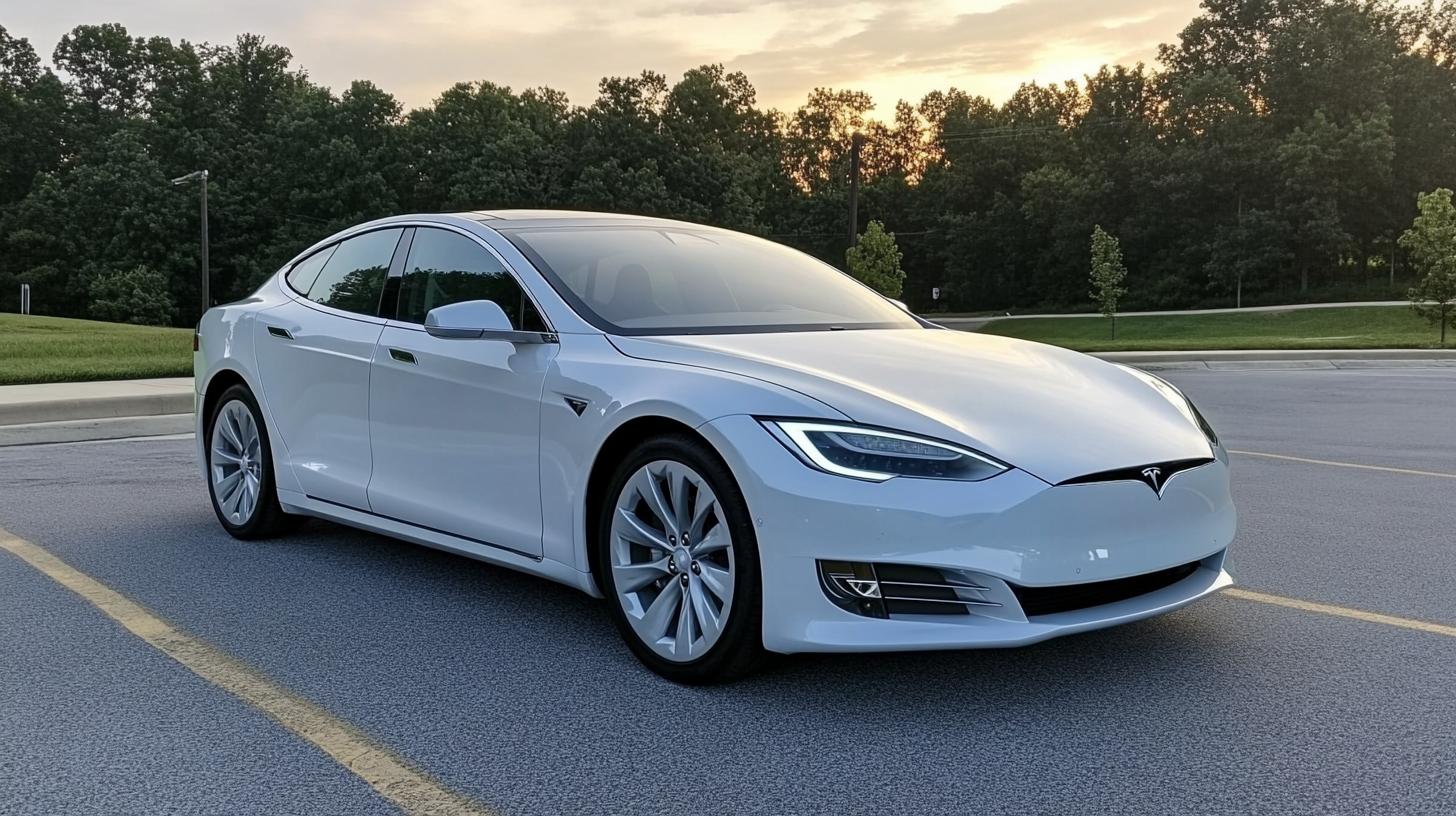Croatia Goes Green with Ambitious Investment Plan
In a groundbreaking move, Mezzanine Partners, based in Croatia, has successfully raised EUR 50 million for its revolutionary Energy Adria fund, with another EUR 50 million deal in the pipeline. This marks the debut of Croatia’s first ‘dark green’ fund, a title highlighting its commitment to the highest sustainability standards.
Founded in late 2021, Mezzanine Partners has been influential in managing funds dedicated to small and medium-sized businesses in Croatia. The push towards green initiatives kicked off soon after the success of the Croatian Mezzanine Debt Fund, with Energy Adria focusing on renewable energy projects like wind, solar, and battery storage.
Securing Big Backing from Investors
Negotiations are currently in progress with local investors to double the fund to a total of EUR 100 million, aiming to energize about 200 MW worth of clean energy projects. The fund aligns with the European Investment Fund’s criteria, tapping into the InvestEU program for sustainable investments.
Pushing the Boundaries of Green Investment
Guided by the European Union’s Sustainable Finance Disclosure Regulation, Energy Adria holds the highest sustainability standards—Article 9, setting it apart as Croatia’s pioneering dark green fund. Flexible investment options range from sole ownership to mezzanine financing, making it adaptable to various project needs.
With investments slated to roll out by 2025, Energy Adria is poised to reshape Croatia’s energy landscape and possibly extend its green influence to neighboring countries.
Croatia’s Green Energy Investment: New Developments and Challenges
Croatia is rapidly emerging as a leader in green energy investment, with Mezzanine Partners spearheading efforts through its Energy Adria fund. As Croatia’s first ‘dark green’ fund, Energy Adria is at the forefront of sustainable investment, focusing on renewable energy projects such as wind, solar, and battery storage. However, as with any ambitious endeavor, there are important questions, challenges, and controversies to consider.
Key Questions and Answers
1. What Makes Energy Adria a ‘Dark Green’ Fund?
Answer: Energy Adria is aligned with Article 9 of the European Union’s Sustainable Finance Disclosure Regulation, indicating its commitment to the highest sustainability standards and transparency in its investments.
2. How Does Croatia’s Investment Landscape Compare to Neighboring Countries?
Answer: Croatia’s proactive approach sets it apart in the Balkan region. While other countries are also investing in renewables, Croatia’s strategies focus on integrating EU funding resources and promoting transparency in green investments.
3. What Are the Potential Impacts on Croatia’s Economy and Environment?
Answer: The fund aims to generate approximately 200 MW of clean energy, potentially enhancing the national energy mix, reducing carbon emissions, and stimulating economic growth through new job creation and technological innovation.
Challenges and Controversies
Despite its promising prospects, Energy Adria faces several challenges:
– Regulatory Hurdles: Navigating the complex regulatory landscape of the EU and Croatia can cause delays and increase costs for sustainable projects.
– Funding and Financing Risks: Securing long-term commitments from investors in a volatile financial market remains a critical challenge, especially when targeting ambitious sustainability goals.
– Public Perception and Acceptance: Gaining public support for renewable projects can be difficult, especially in regions economically dependent on traditional energy sources.
Advantages and Disadvantages
Advantages:
– Environmental Benefits: Transitioning to renewable energy reduces carbon emissions and promotes a healthier ecosystem.
– Economic Opportunities: Investments in green technology create jobs and stimulate economic activities in emerging sectors.
Disadvantages:
– Initial Costs: The upfront investment required for green technologies can be substantial, posing financial risk.
– Intermittent Energy Supply: Reliance on solar and wind may lead to inconsistent energy availability, necessitating significant investment in storage solutions.
Related Links:
To explore more about sustainable investment initiatives and climate change policies, you might find the following resource helpful: United Nations.
Croatia’s bold steps in the green energy sector are worth tracking, as they offer a blueprint for sustainability and innovation in the region, inspiring other countries to follow suit.
























